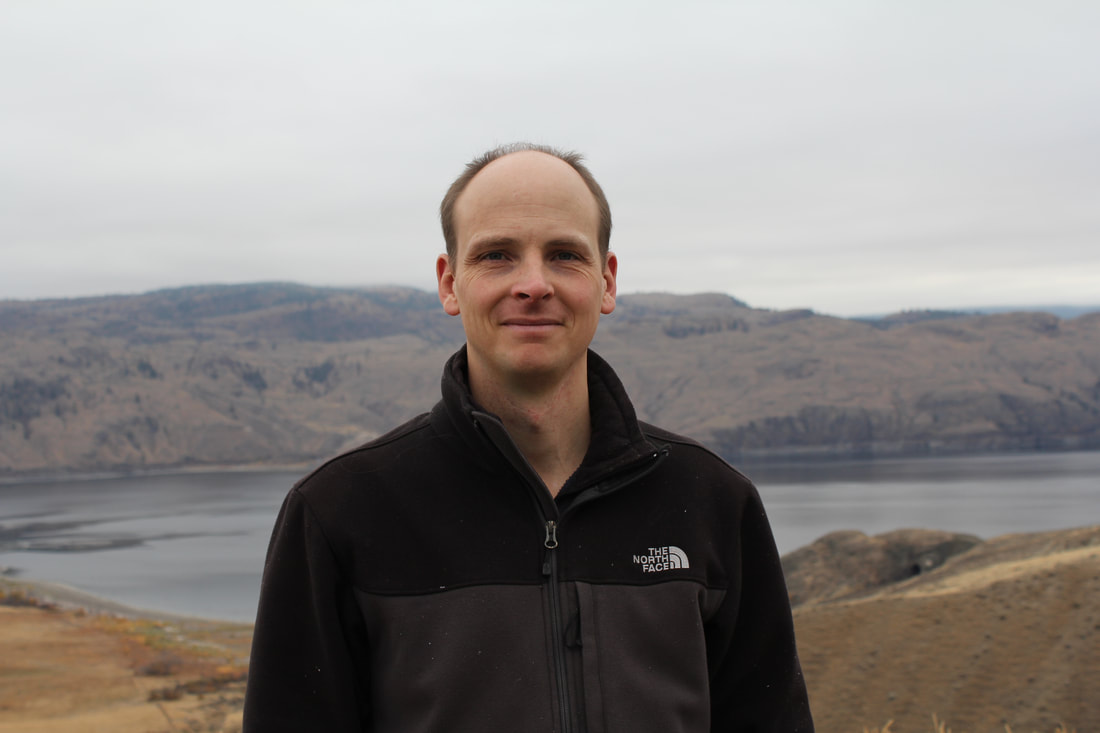For me, ecohydrology represents an area of research that has been going on for a long time, but over the past couple of decades has been recognized as an area to focus our research. My research interests have always gravitated toward understanding how disturbance from humans or other natural elements interplay with water. By looking at that interaction, we gain much insight into how ecosystems both shape and are shaped by hydrology.
What are your undergraduate and graduate degrees in?
Oregon State University (2005)
Department of Forest Science
PhD Forest Ecology – Micrometeorology and Ecohydrology
University of Northern British Columbia (2001)
College of Science and Management
MSc – Natural Resource and Environmental Studies – Carbon sequestration
McMaster University (1997)
BSc (Hon.) Geography and Environmental Science
How did you arrive at working in/thinking about ecohydrology?
In my undergraduate degree I was fascinated by courses in micrometeorology that were taught by Dr. Wayne Rouse at McMaster University. This led me to a MSc research project under Dr. Art Fredeen at the University of Northern British Columbia looking at carbon sequestration in sub-Boreal clearcuts using micrometeorological techniques. I was interested in pursuing more micrometeorological research, so I moved down to Oregon to work under Dr. Mike Unsworth and Dr. Barb Bond at Oregon State University. It was a great supervisory team as Mike provided me with the micrometeorology support and Barb provided me with insights into plant physiology. There I pursued a project investigating the importance of epiphytes on the ecohydrology of Douglas-fir forests. I think having the support and encouragement of wonderful supervisors throughout my career is the main reason I became interested in the interaction between plants, water, and carbon sequestration.
What do you see as an important emerging area of ecohydrology?
I am very interested in the connection between above ground interactions and belowground processes. How organisms change water chemistry and inputs in the soil will alter resource distribution for belowground organisms and root uptake. This may alter what the plants bring up from the ground and create a feedback loop. I think science is evolving to better connect above and below ground processes.
Do you have a favorite ecohydrology paper? Describe/explain.
I can’t say I have a favourite, but I am always interested in papers that explore the interactions of plant canopies with hydrology.
What do you do for fun (apart from ecohydrology)?
I try to spend as much time with my family. I enjoy all things outdoors. In the winter I am skiing and, in the summer, I try to hike as much as possible. I am also looking forward to travelling again as COVID (hopefully!) recedes.

 RSS Feed
RSS Feed